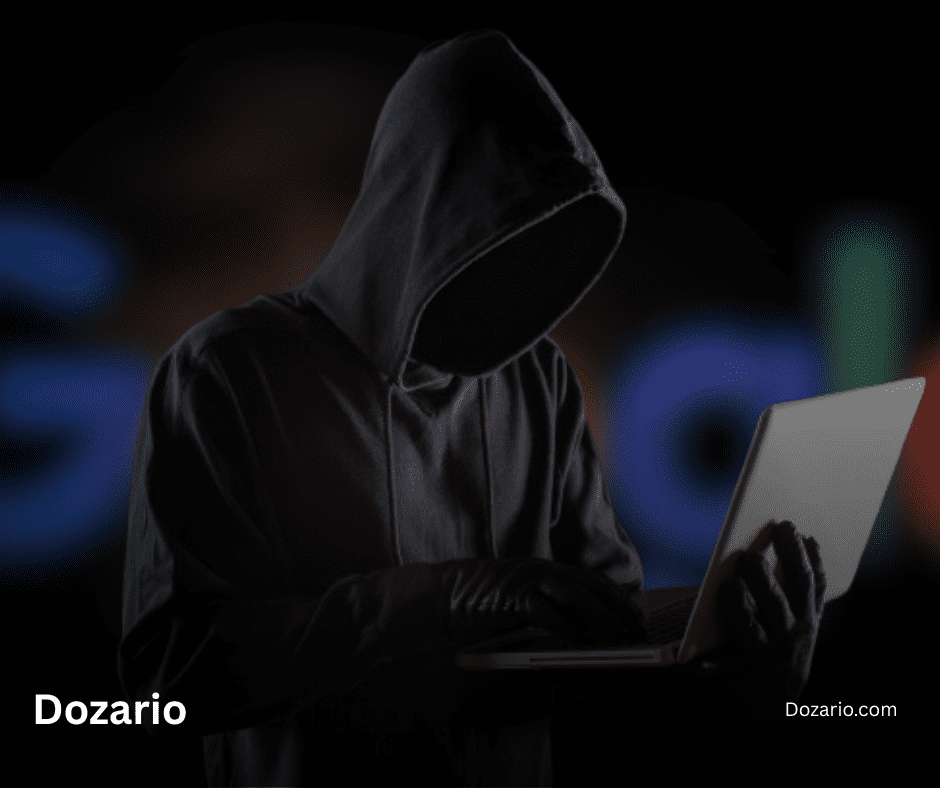Quantum hacking risks are no longer a distant threat. The UK government has issued a stark warning that by 2035, quantum computers could be powerful enough to break today’s encryption. This means healthcare systems, financial networks, and government data could all be vulnerable. In this blog, we explore what quantum hacking risks are, why the UK is concerned, and how we can protect our digital future before it’s too late.
UK Warns of Quantum Hacking Risks by 2035: What You Need to Know
Quantum computing is no longer just a buzzword—it’s fast becoming a reality. And with it comes a wave of both opportunity and threat. In a recent warning, the UK government has projected that quantum hacking risks could materialize as early as 2035, potentially rendering current encryption methods obsolete.
Let’s explore why this warning matters, what quantum hacking actually means, and how we can start preparing today for a post-quantum world.
What is Quantum Hacking?
Quantum hacking refers to the use of quantum computers to break or bypass cryptographic security systems. Today’s internet, banking, and even national defense rely heavily on encryption methods like RSA and ECC, which are considered secure—for now.
But quantum computers don’t play by the same rules.
Classical vs Quantum
- Classical computers process one calculation at a time.
- Quantum computers, using qubits and quantum mechanics, can process many possibilities simultaneously.
This gives them the power to crack encryption that would take classical machines millions of years—in just a few hours or days.
Why the UK Government is Sounding the Alarm
In its latest national cybersecurity strategy report, the UK highlighted quantum hacking as a “potentially catastrophic risk” if not addressed in time.
Here’s why the threat is urgent:
- Encrypted Data Can Be Stolen Now, Decrypted Later: Hackers may harvest encrypted data today, store it, and decrypt it once quantum computers are ready—a strategy known as “store now, decrypt later.”
- Critical Infrastructure is Vulnerable: Hospitals, power grids, financial systems—all could be exposed if quantum-safe protocols aren’t adopted soon.
- International Competition: The race for quantum supremacy is real, and bad actors gaining access to quantum tools could create global cybersecurity chaos.
What’s the Timeline?
The year 2035 isn’t just an arbitrary estimate. It reflects growing consensus among experts that:
- Quantum computers with 1,000+ error-corrected qubits (enough to break modern encryption) could be functional by the early 2030s.
- The development of quantum-safe cryptography needs to happen well before that deadline to avoid a last-minute scramble.
The UK isn’t alone in this view. The U.S. National Institute of Standards and Technology (NIST) is also working on standardizing post-quantum cryptographic algorithms.
What is Being Done to Prepare?
1. Development of Post-Quantum Cryptography (PQC)
This is the biggest defense against quantum hacking. PQC algorithms are designed to be secure even against quantum computers. NIST has already selected several finalists expected to become global standards.
2. Quantum Readiness Assessments
Organizations are being urged to:
- Audit their current cryptographic systems
- Identify where sensitive, long-term data is being stored
- Develop transition plans for migrating to quantum-safe protocols
3. Government Funding & Research
The UK has pledged over £2.5 billion towards quantum research, including a focus on secure communications and resilience strategies for critical sectors.
How Businesses Should Prepare Now
Waiting until 2030 isn’t an option. Here’s what businesses, especially those handling sensitive data, should do today:
🔍 Inventory Your Encryption
Know what encryption is used where. Email servers? Payment systems? Internal databases? You can’t secure what you don’t understand.
🧠 Educate Your IT Teams
Cybersecurity teams must start learning about post-quantum cryptography now. This includes understanding the limitations of current systems.
🔐 Plan for Hybrid Encryption
During the transition phase, many systems will need to run hybrid encryption models, combining classical and quantum-resistant algorithms.
📅 Timeline Your Transition
Start building a roadmap with milestones: from inventory to testing to full migration to quantum-safe solutions.
Real-World Implications: What Happens if We Don’t Act?
Imagine this scenario:
- A hospital encrypts patient records using traditional methods.
- A hacker steals the data in 2025 and stores it.
- In 2035, they decrypt it using a quantum computer.
- Suddenly, private medical data from a decade ago is exposed.
Now scale that to government files, defense communications, or financial contracts.
That’s the risk.
Quantum Hacking and the Global Cyber Landscape
This isn’t just a UK concern. Other countries are equally involved:
- United States: The Quantum Computing Cybersecurity Preparedness Act urges federal agencies to adopt post-quantum crypto.
- China: Investing heavily in both offensive and defensive quantum technologies.
- EU: Launching initiatives like the Quantum Flagship to stay competitive and secure.
The world is gearing up—and no one wants to be left behind.
Final Thoughts: 2035 is Closer Than It Seems
Quantum hacking risks are no longer science fiction. With the UK’s recent warning, it’s clear that proactive action is needed now, not in a decade. Whether you’re running a startup or a government agency, the time to start thinking about post-quantum security is today.
Start by auditing your systems, educating your team, and keeping a close eye on new quantum-safe standards as they emerge. Cybersecurity is about staying one step ahead—and in the quantum age, that step needs to happen fast.
Stay Informed, Explore, and Lead the Way with Dozario!
Unlock a world of insights and knowledge with Dozario! Whether you’re seeking the latest in Business, captivating Stories, innovative Tech, thrilling Sports, vital Health updates, groundbreaking Science, exciting Gaming, or trending Media & Entertainment, we’ve got you covered. Stay ahead, stay entertained, and stay informed with our expertly curated content.
Explore our categories now and discover something new today!




